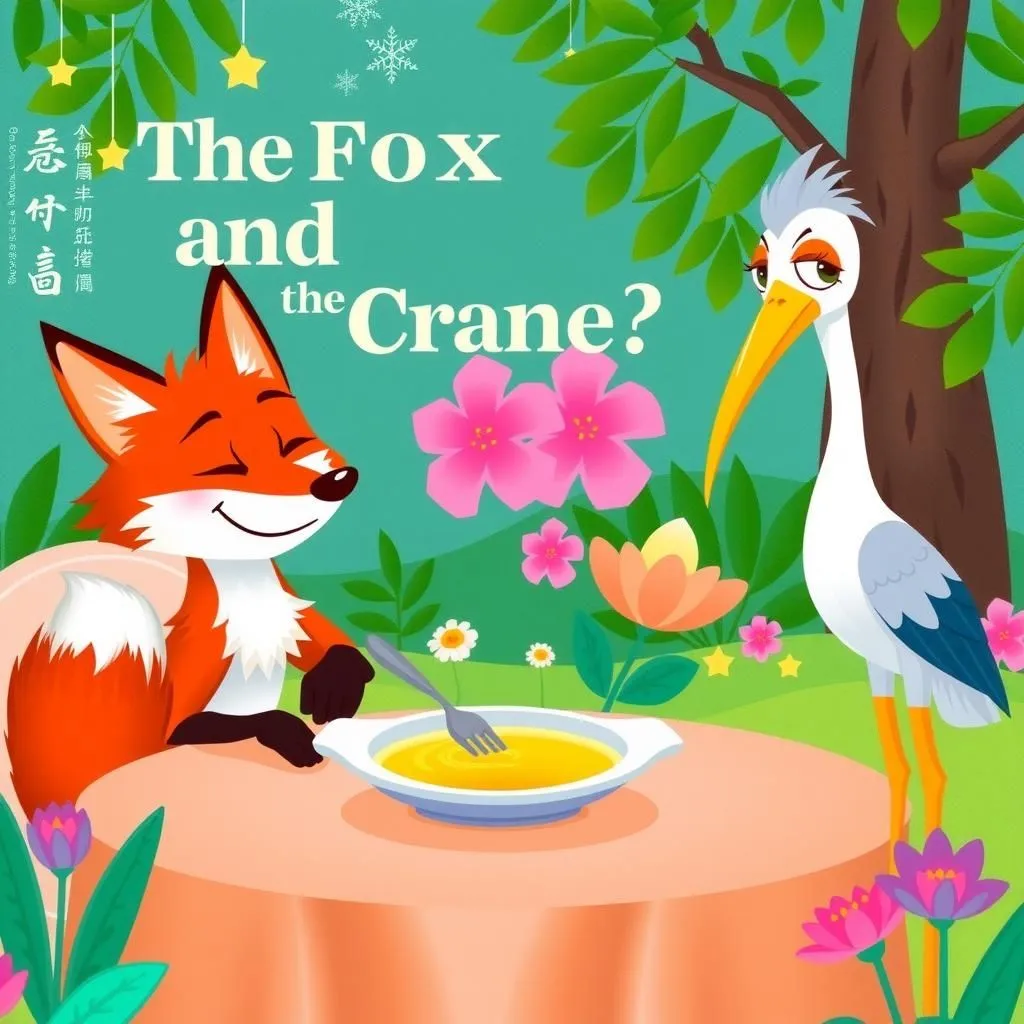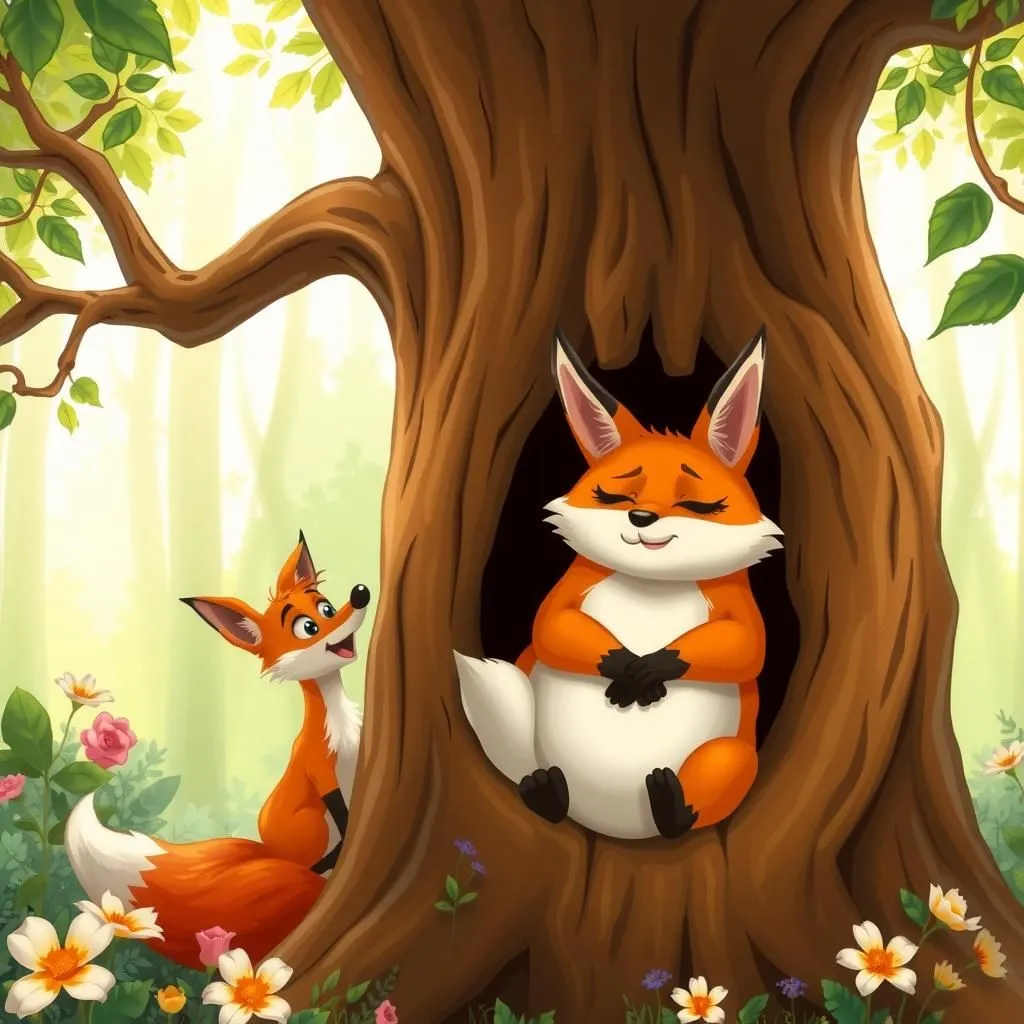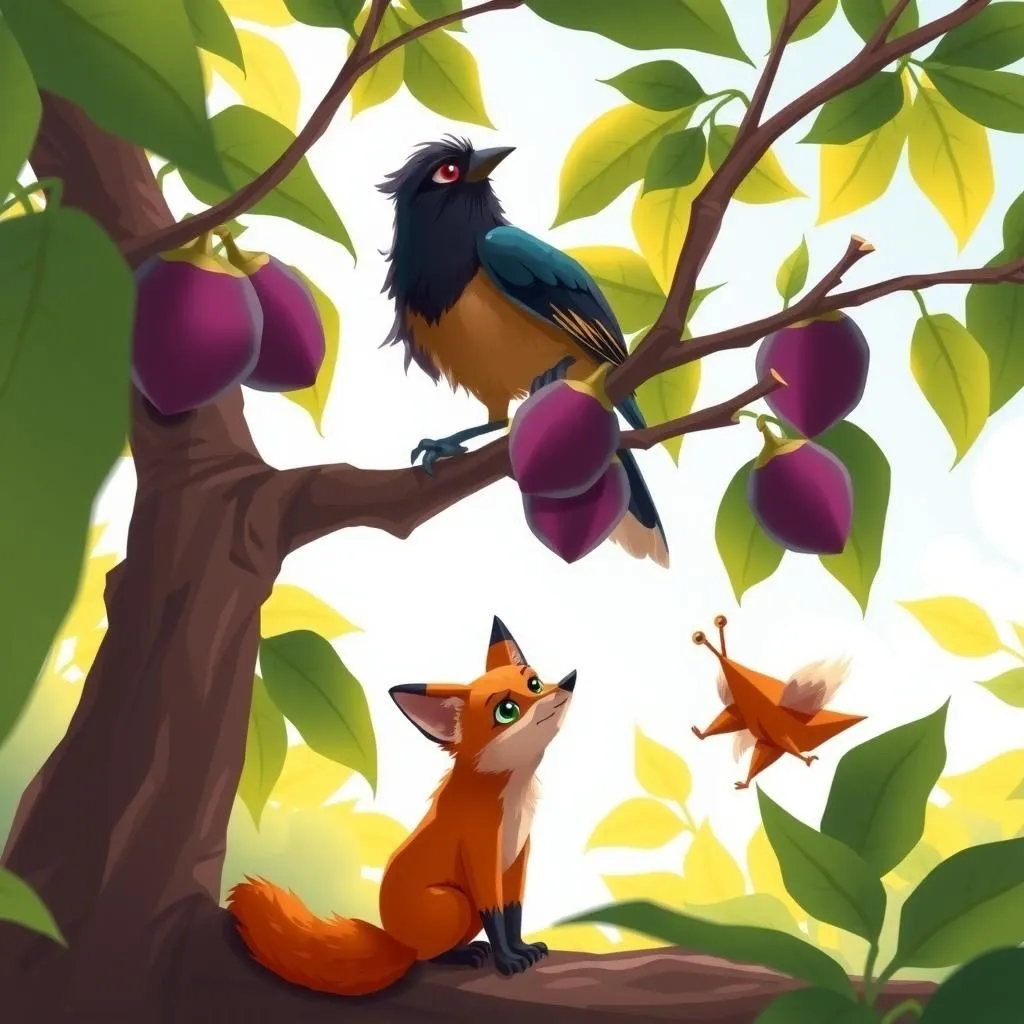
The Wolf the Fox and the Ape
In "The Wolf the Fox and the Ape," a Wolf accuses a Fox of theft, but the Fox staunchly denies the accusation. An Ape, serving as a judge, concludes that the Wolf likely never lost anything, yet he believes the Fox is guilty of stealing. This moral-based storytelling illustrates a simple lesson from stories: dishonest individuals gain no credit, even when they pretend to act honestly, making it a fitting bedtime moral story for students.


